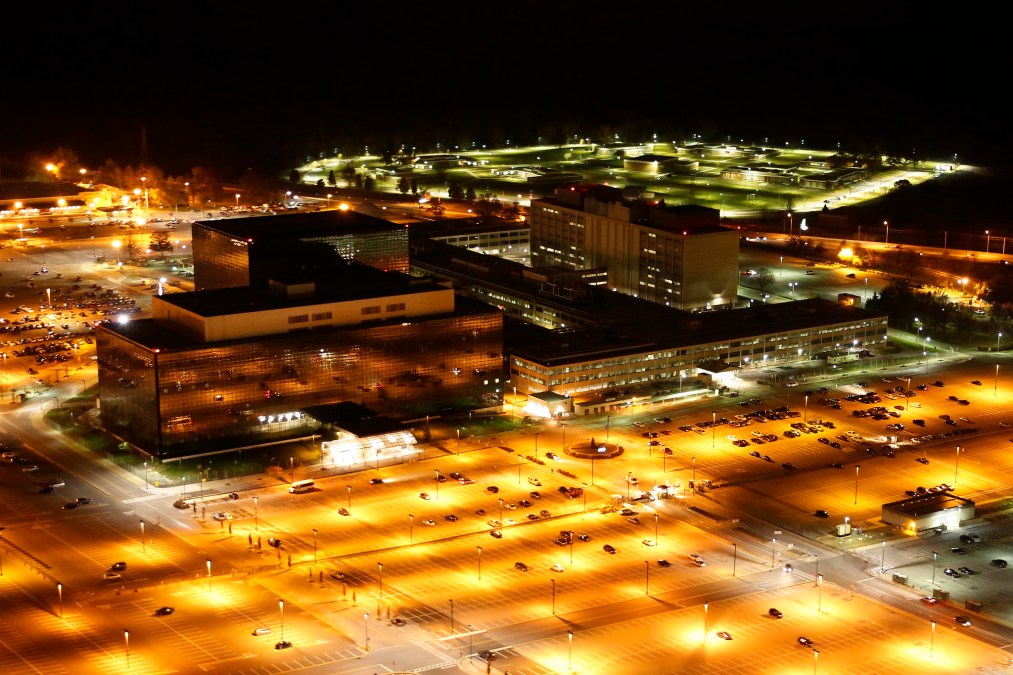U.S. Cyber Command’s weapons will be created by contractors, senior official says

The military’s cyber special forces will rely on a mix of contractors and in-house personnel to develop and man its cyber weapons of the future, a senior Cyber Command official tells Cyberscoop.
Last month, U.S. Cyber Command Executive Director Shawn Turskey revealed that his organization was looking to develop new and “loud” cyber weapons. Such tools would be designed so that they can be traced back to the United States military after being used — providing what Turskey later described as a deterrence mechanism.
“In the intelligence community you never want to be caught, you want be low and slow, you never really want to be attributed. There’s a different paradigm from where you are at in the intelligence community,” Turskey explained during a Department of Homeland Security small business conference, “but there’s another space over here, where maybe you definitely want to be louder, where attribution is important to you and you actually want the adversary to know.”
Broadly, a “cyber weapon” can be understood as a collage of exploits molded together to breach a target system. Offensive tools might be used for any number of functions, including to disrupt, collect information, or even influence the behavior of an actor.
“Cyber tools could be used as [a] deterrent … at the national level, just as economic sanctions, military presence or other elements of national power are leveraged to shape or create desired strategic outcomes,” a Cyber Command official told Cyberscoop, adding “deterrence in-kind is not necessarily the only option available; cyber does not have to be for deterrence against cyber-attacks alone.”
The potential behind these next generation cyber tools lay in their ability to deter more than enemy cyber attacks, the official explained without divulging further details. “At the present, we have not seen a country use attributable cyber for deterrence purposes.”
Founded in 2010, Forte Meade, Md.-based Cyber Command is an organization with an increasingly important role in larger national security efforts.
The sub-unified command — currently operating under the purview of the National Security Agency — could be elevated to a unified combatant command before end of year, White House Cybersecurity Coordinator Michael Daniel previously told FedScoop. If enacted, the rank upgrade to a unified combatant command would give the unit greater autonomy, a larger budget and more operational authority to conduct independent missions.
At the moment, the unit has roughly 4,700 members spread across 100 individual teams that are currently ready to conduct missions. Christopher Stenman, a legislative liaison at Cyber Command, said during the aforementioned DHS event that the figure includes contractors.
By fiscal year 2018, Cyber Command plans to employ 6,187 members, totaling 133 teams.
“Contracted specialists are supporting U.S. Cyber Command in a number of key roles, consistent with law and DoD Policy,” the senior official said, “I cannot provide a percentage figure.”





